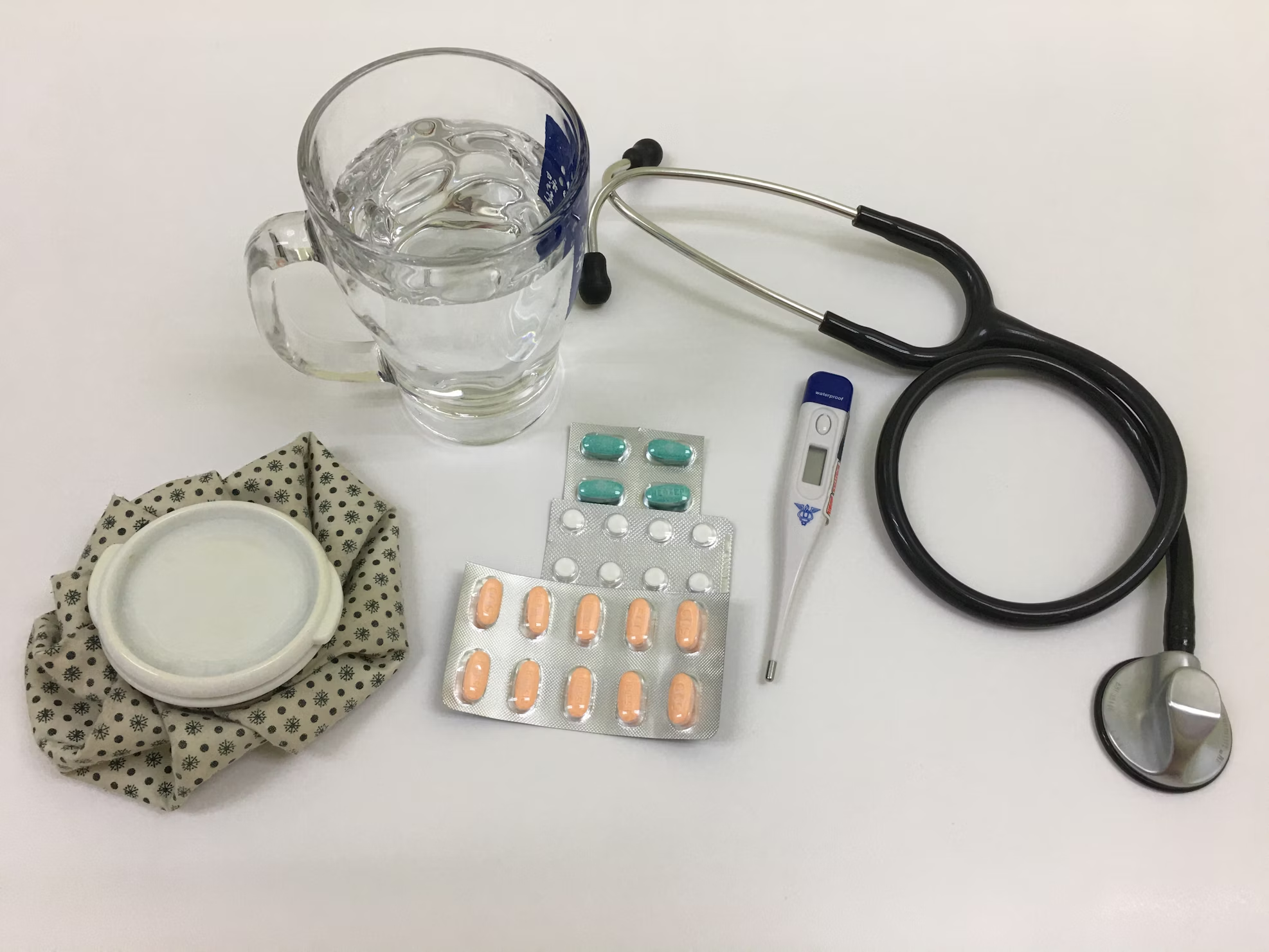College life is hard. It’s nothing like high school. It’s a transformative time in everyone’s life. The choices you make and the actions you take will have a significant impact on your future.
College is a time when you get the liberty to socialize and explore new experiences, like taking a road trip and doing a karaoke night. But don’t get so involved in these activities that you lose sight of your future.
Students often forget that college life won’t last forever. The four years will come to an end in the blink of an eye. You must set yourself up for a successful future from day one. For that, it’s important to prioritize activities that foster personal as well as professional growth.
Here are some things you must do for a successful future before you leave the college campus for good.
#1 Learn a Practical Skill
While you’re in college, consider taking a class that teaches a practical skill. It can significantly enhance your employability and personal development.
The corporate world is always in demand for extra skills besides the ones that you acquire through your majors. Candidates who can bring more than just theoretical knowledge to the table are valued by employers.
About 72% of respondents in a survey conducted by ZipRecruiter disclosed that they practice skill-based hiring. You will be the alpha of your team if you possess one or more skills that complement your academic qualifications.
Acquiring extra skills will allow you to bring innovative solutions and expertise to the table. You will, thus, be positioned as a valuable asset to any team.
Try laying hands on skills like graphic designing or writing. You could also master coding languages, learn financial modeling, or hone your public speaking abilities. These skills will increase your marketability as well as boost your confidence and adaptability in various work environments.
Many colleges offer workshops, clubs, or online courses where you can learn these skills affordably or even for free. Find out if your university offers them. If not, enroll elsewhere—be it a local community center or an online platform.
#2 Take Up a Campus Job
College is the best time to gain hands-on work experience. Consider taking a campus job. It will prepare you for the professional world and give you a glimpse of the real world of work.
Working on campus during your college years will also help you cover personal expenses and contribute to your degree financially.
Many Americans take student loans to pay for their higher education expenses. As of the end of 2023, Federal Student Aid, an office of the Department of Education, reported that 43.2 million Americans are carrying federal student loan debt. It takes years— ten years or more—to pay student loans.
Learning how to avoid a student loan debt can significantly reduce financial burdens after graduation. Working on campus can help you pay your college fees, so you won’t have to take loans. Earning income through a campus job will allow you to offset tuition costs and living expenses, reducing your overall student loan burden.
Campus jobs can range from positions in student services or campus facilities to administrative roles in academic departments.
If you are a coffee lover, take up the job of a barista. It will allow you to hone your latte art skills. The role of a library assistant will be ideal if you have in-depth knowledge of different books, genres, and styles. Consider working as a dining hall worker if you plan to start a career in culinary arts.
Lifeguard, bookstore assistant, and campus tour guide are other jobs you can consider.
#3 Build Relationships with Professors
Professors are more than just instructors; they are invaluable resources and mentors. Build relationships with them. It will have a profound impact on not only your academic, but also professional journey.
Actively participate in class discussions and visit professors during the office hours. You can engage in deeper academic conversations, which will help you develop a rapport with them. This could lead to research opportunities, internships, or even collaborative projects that enhance your academic experience and bolster your resume.
Professors also have extensive networks within academia and their respective fields. A letter of recommendation from them will strengthen your job prospects significantly. They can also offer you valuable advice, which will help you navigate career decisions. Their guidance can ease the transition from college to the professional world.
Putting it all together, college is not only a stepping stone to a degree but a major step in the journey into adulthood.
The actions you take during college lay the foundation for a successful future. Make sure you do them when you’re at the campus, for they can help pave the way to a successful future. Not only will they enhance your academic experience, but they will also prepare you for the challenges and opportunities of the professional world.










